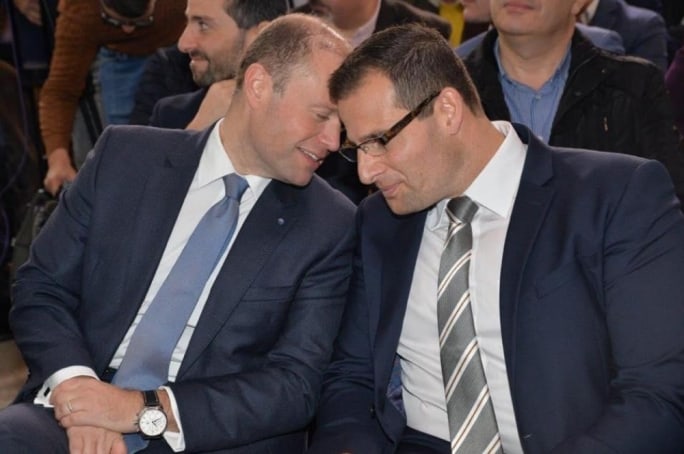
16. Replacing the power of the Prime Minister to appoint persons in high office by transferring that power to “the government” is a purely cosmetic development. The fact the government agrees with this, rather confirms this view.
The government is, probably correctly, equating the Commission’s meaning of the term “the government” with “the Cabinet of Ministers”.
It should be pointed out that the only member of Cabinet with an automatic right to be there is the Prime Minister, who is appointed to the task by the President, on the basis of being the person likely to command the support of the majority of the House of Representatives in forming a government.
All other Cabinet members serve at the unhindered and unqualified pleasure of the Prime Minister. Their role can be withdrawn by the Prime Minister at any time, for any reason or for no reason, and the Prime Minister is accountable to no one in this regard.
This makes the proposed change purely symbolic. That does not mean we necessarily object to it. Merely that we do not expect it to be of any material consequence.
17. The government’s response also introduces consultation with the Leader of the Opposition in the case of the appointment of the Information and Data Protection Commissioner. Although this is ‘a welcome step’, the effect of this process should not be overestimated. ‘Consultation’ is already provided for in respect of other positions in the gift of the Prime Minister. This in itself is not an obligation to take the views of the consultee into account in the decision. The Constitutional Court has already made this clear – consultation means exactly that, one must consult, but one need not take on board the views of the person consulted.
Indeed, on several past occasions, the views of the Leader of Opposition on this matter have been broadly disregarded.
18. The government has ignored the Commission’s recommendation that the President is empowered with making appointments to certain positions without the advice of the Prime Minister or the executive.
This consideration has attracted no form of response from the government. The Prime Minister’s unhindered power to choose who runs the Public Service Commission, the Police (more in the dedicated sections below), the Electoral Commission and the Broadcasting Authority means that the reins of our democracy are held by one person. This is open to abuse and has been, to a greater or lesser extent, habitually abused.
By dodging entirely the argument in its response to the Commission, the government shows it is unwilling to address these fundamental constitutional problems. We hope that these challenges can be fairly and openly debated in a constitutional convention.
The Commission should be informed that already in February 2019, Repubblika submitted to President Marie-Louise Coleiro Preca (and again, upon his election, to President George Vella) detailed recommendations on an open process for the consideration of constitutional changes. One of the considerations made in that submission was that taking a piecemeal approach to reform, and allowing the government or parliamentary parties to drive headlong with some changes and ignoring others, risks creating greater imbalances than those that exist today.
We have never received any substantive response to our recommendations.
The proposed solution of allowing nominations to key constitutional positions to be decided upon autonomously by the President requires examination also in the context of whether this will enhance or undermine checks and balances within our system.
As it now stands, this proposal would give the President a discretionary executive role, acting without any form of scrutiny or review by the legislature.
Clearly, such a development would need to be considered in the context of how to transform what is today an almost entirely ceremonial role (and as such, therefore, without the need of any form of accountability) to an executive role. The new executive President will need to take decisions that would have to be subject to review. Moreover, if the President is expected to act independently of the government, their decision must be given within the framework of safeguards on the manner of appointing and removing the President, so as to ensure their independence.
On this as well, the government has remained silent.
Until such time as the matter of the role of the President is properly discussed, we are of the view that empowering the President with executive authority, however minimal, risks providing the Prime Minister with an extension of their authority without the inconvenience of the checks and balances, however weak, that exist today.